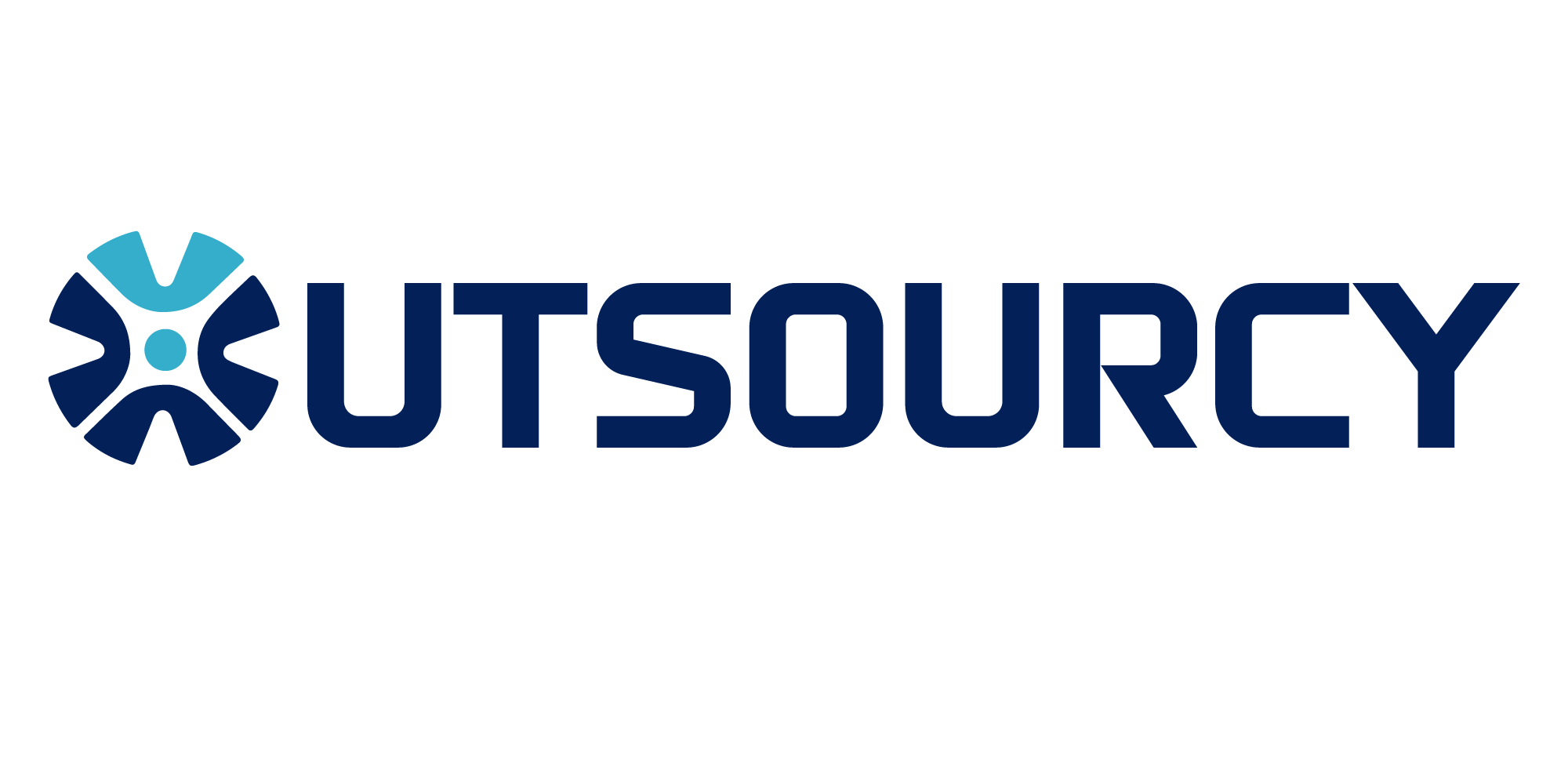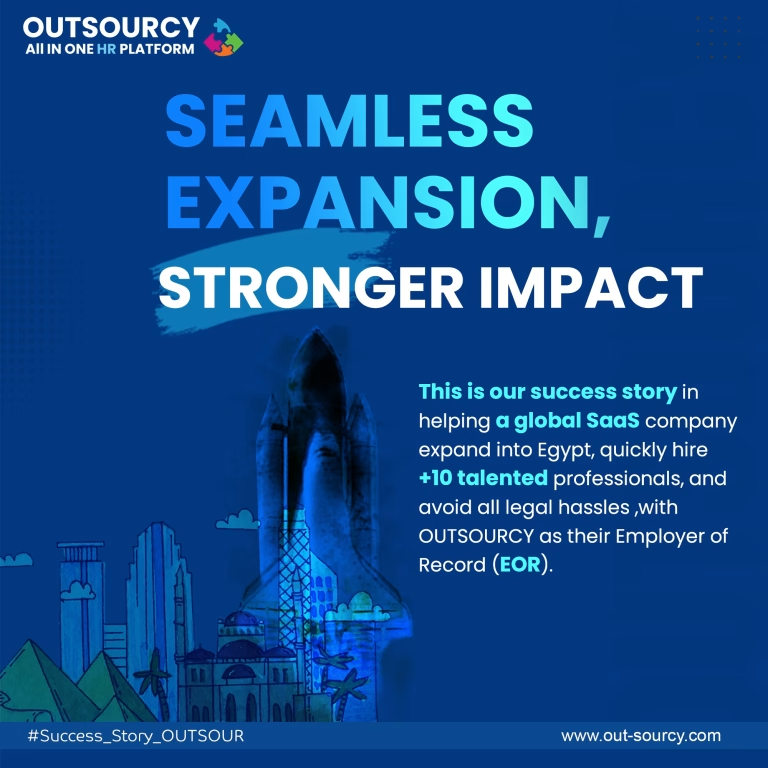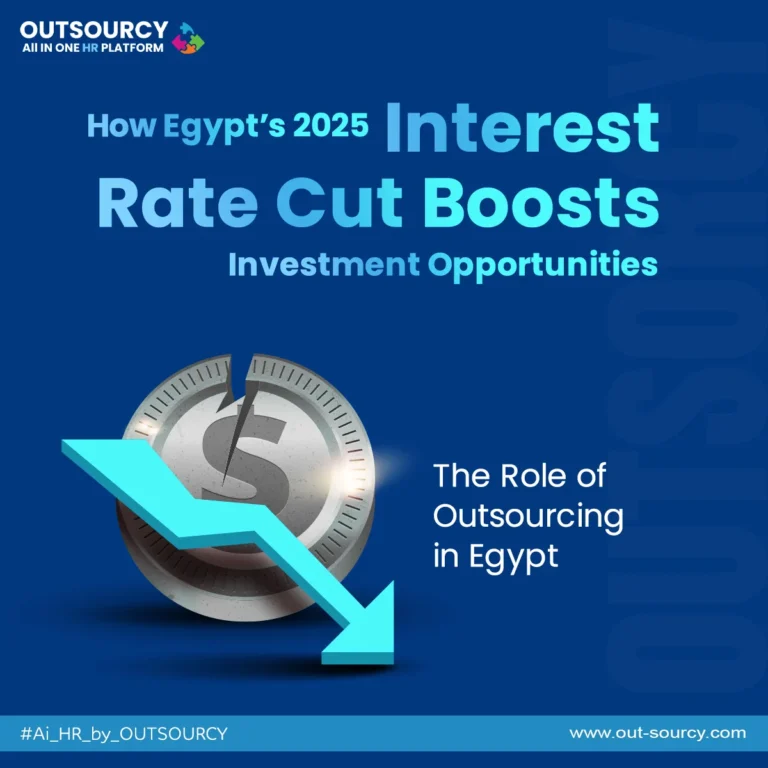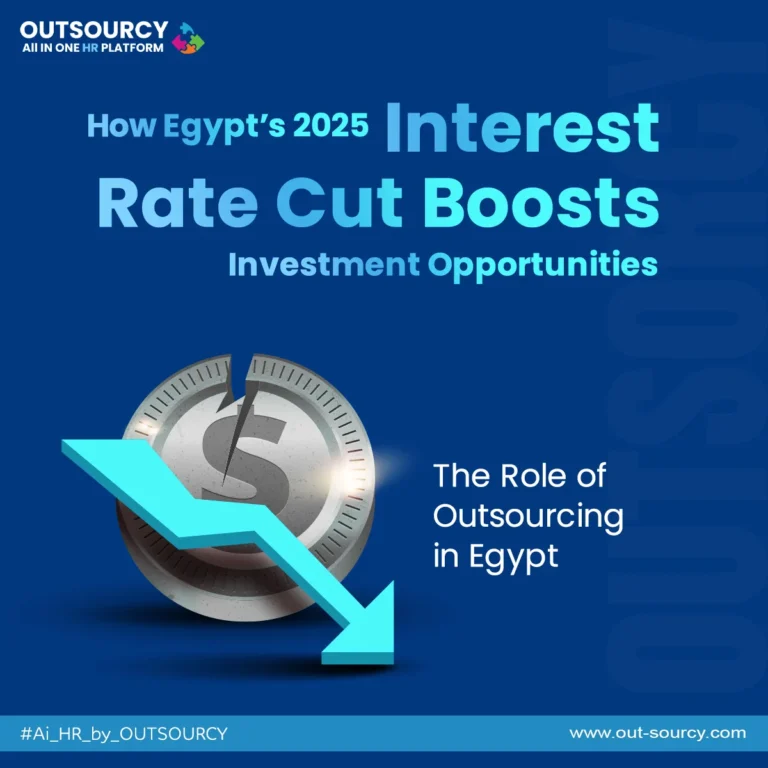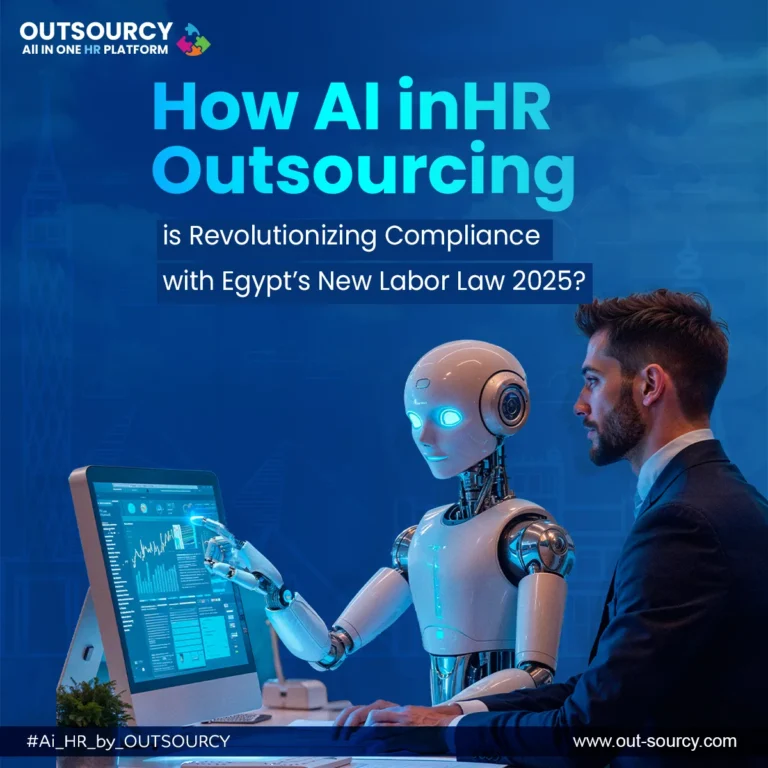In the fast-moving consumer goods (FMCG) industry, where margins are tight and operations run around the clock, efficient payroll management is crucial. Yet, many FMCG companies struggle with outdated manual processes that lead to payroll errors, compliance risks, and unnecessary costs. This case study explores how OUTSOURCY, a payroll automation specialist, helped a prominent FMCG business with over 500 employees overcome these hurdles. By implementing an automated payroll system, the company not only eliminated errors but also achieved significant payroll cost savings and improved operational efficiency. Drawing on industry statistics, we’ll delve into the challenges, solutions, and transformative results, highlighting the broader benefits of payroll automation for FMCG firms.
The Persistent Payroll Challenges in the FMCG Sector
FMCG companies operate in a high-volume, low-margin environment, often dealing with seasonal workforce fluctuations, shift-based scheduling, and complex compensation structures. For this particular FMCG leader, payroll had become a monthly nightmare. Salary errors were commonplace, tax miscalculations occurred frequently, and payment delays frustrated employees. These issues arose from a reliance on manual payroll processes, which burdened the HR team and exposed the business to financial penalties.
Industry data underscores how widespread these problems are. According to the American Payroll Association, manual payroll systems have an error rate of between 1-8% of total payroll. In contrast, automated systems can reduce these errors dramatically, with businesses using payroll software reporting 31% fewer errors overall. For FMCG businesses, where employee turnover can be high—often exceeding 20% annually—these errors not only inflate costs but also erode trust and productivity.
Compliance adds another layer of complexity. Tax laws and social insurance regulations evolve rapidly, and manual tracking increases the risk of non-compliance. In the U.S., for instance, IRS penalties for payroll tax errors can reach up to 100% of the underpaid amount. Globally, similar risks apply, with non-compliance costing businesses millions in fines. This FMCG company’s manual approach meant constant scrambles to update records, leading to inefficiencies that drained resources. Studies show that manual payroll processing can take up to 8 hours per pay period for mid-sized firms, time that could be redirected to strategic tasks.
OUTSOURCY’s Automated Payroll Solution: A Game-Changer
Recognizing the need for a modern approach, the FMCG company partnered with OUTSOURCY to deploy an automated payroll system tailored to their needs. Payroll automation involves using software to handle calculations, deductions, and reporting, minimizing human intervention and ensuring accuracy.
OUTSOURCY’s solution integrated seamlessly with the company’s existing HR systems, automating key processes such as time tracking, tax withholdings, and payment disbursements. This wasn’t just about digitization; it was a comprehensive overhaul designed for FMCG-specific challenges like variable shifts and multi-location operations. Implementation was swift, with minimal disruption—typically taking 4-6 weeks for similar setups, according to payroll automation benchmarks.
Key features included:
- Error-Free Calculations: The system used algorithms to compute salaries, overtime, and bonuses accurately, eliminating manual entry mistakes.
- Compliance Automation: Real-time updates to tax and regulatory changes ensured full adherence to local, state, and federal laws, reducing compliance risks by up to 70% as reported in automated payroll studies.
- Reporting and Analytics: Monthly payroll reports provided detailed cost breakdowns, enabling better budgeting and forecasting.
- Employee Self-Service: Portals allowed workers to view pay stubs and update details, cutting HR inquiries by 30% on average.
This aligns with broader trends in payroll automation benefits. For example, automated systems can save businesses up to 80% in processing time, allowing HR teams to focus on talent management rather than administrative drudgery. In the FMCG sector, where quick scaling is essential, such tools provide scalability without proportional cost increases.
Measurable Results: From Chaos to Control
The impact of OUTSOURCY’s payroll automation was profound and immediate. The FMCG company achieved zero payroll errors post-implementation, ensuring accurate and timely payments for all 500+ employees. This eradicated the routine salary discrepancies that had plagued operations.
Processing time plummeted by 70%, freeing up hundreds of HR hours monthly. This efficiency gain is consistent with industry data: automated payroll systems reduce processing time significantly, with some reports indicating savings of 5-10 hours per payroll cycle. For this company, it translated to reallocating staff to revenue-generating activities, boosting overall productivity.
Compliance risks were nullified, with the system handling tax and social insurance alignments flawlessly. Businesses adopting automated strategic payroll report 70% fewer compliance issues, avoiding costly penalties that can average $800 per error in manual systems.
Perhaps most striking was the 30% reduction in overall payroll costs. This stemmed from minimized errors, optimized labor allocation, and eliminated overpayments. Industry statistics support this: payroll automation can lead to 5-10% savings in labor costs through better data insights and error reduction. For an FMCG firm with annual payroll expenses exceeding $10 million, such savings represent substantial profit gains.
In a related retail case study (closely akin to FMCG), a Hong Kong retailer reduced payroll processing time and improved accuracy through automation, mirroring these outcomes. These results highlight how payroll automation not only fixes immediate problems but also drives long-term financial health.
Client Insights: Restoring Trust and Efficiency
The transformation didn’t go unnoticed by the team. As the client shared: “OUTSOURCY completely changed how we handle payroll. What used to be a monthly issue is now a smooth, accurate, and fully compliant process. The automated system didn’t just save time, it saved us money and restored employee trust.”
Employee satisfaction improved, with fewer complaints about delays or inaccuracies. In FMCG, where workforce morale directly impacts production lines, this is invaluable. Data from HR analytics case studies shows that accurate payroll correlates with 15-20% higher employee retention rates.
Why FMCG Companies Should Embrace Payroll Automation
This success story illustrates the power of payroll automation in turning operational pain points into strategic advantages. For FMCG businesses facing similar challenges—payroll errors, compliance hurdles, and escalating costs—solutions like OUTSOURCY offer a proven path forward. With global payroll challenges like regulatory changes and data accuracy persisting into 2025, automation is no longer optional; it’s essential.
If your FMCG company is grappling with manual payroll inefficiencies, consider automating to unlock savings, ensure compliance, and enhance employee experience. Contact OUTSOURCY today to explore how tailored payroll solutions can transform your operations.
